Accountancy firms in the UK are required to comply with the Money Laundering, Terrorist Financing and Transfer of Funds (Information on the Payer) Regulations 2017 (MLRs). These regulations are designed to prevent criminals from using the financial system to launder money or finance terrorism.
One of the key requirements of the MLRs is for accountancy firms to identify their customers. This process is known as Know Your Customer (KYC). KYC involves gathering information about a customer’s identity, background, and business activities. This information can then be used to assess the customer’s risk of being involved in money laundering or terrorist financing.
The specific KYC requirements for accountancy firms will vary depending on the size and nature of the firm’s business. However, all accountancy firms must at a minimum gather the following information from their new customers:
- Name and contact details
- Date of birth
- Nationality
- Place of residence
- Proof of identity (such as a passport or driving licence)
- Proof of address (such as a utility bill or bank statement)
Accountancy firms may also need to gather additional information from their customers, such as information about their business activities, source of funds, and beneficial ownership. The amount of information that needs to be gathered will depend on the individual customer’s risk profile.
Accountancy firms must keep all KYC records for at least five years. They must also be able to provide this information to law enforcement authorities if requested.
Failure to comply with the KYC requirements of the MLRs can result in serious penalties for accountancy firms. These penalties can include fines, imprisonment, and the loss of the firm’s license to operate.
We have the following procedures in place in order to comply with KYC requirements:
- Have a clear KYC policy and procedure in place. This policy should set out the steps that the firm will take to identify its customers and assess their risk of money laundering or terrorist financing.
- Train staff on KYC requirements. All staff who are involved in the onboarding of new customers should be trained on the firm’s KYC policy and procedure.
- Use electronic KYC tools. There are a number of electronic KYC tools available that can help accountancy firms to automate the KYC process and reduce the risk of human error.
- Review KYC records regularly. Accountancy firms should review their KYC records on a regular basis to ensure that they are up-to-date and accurate.
- Report suspicious activity. Accountancy firms must report any suspicious activity to the National Crime Agency (NCA).
